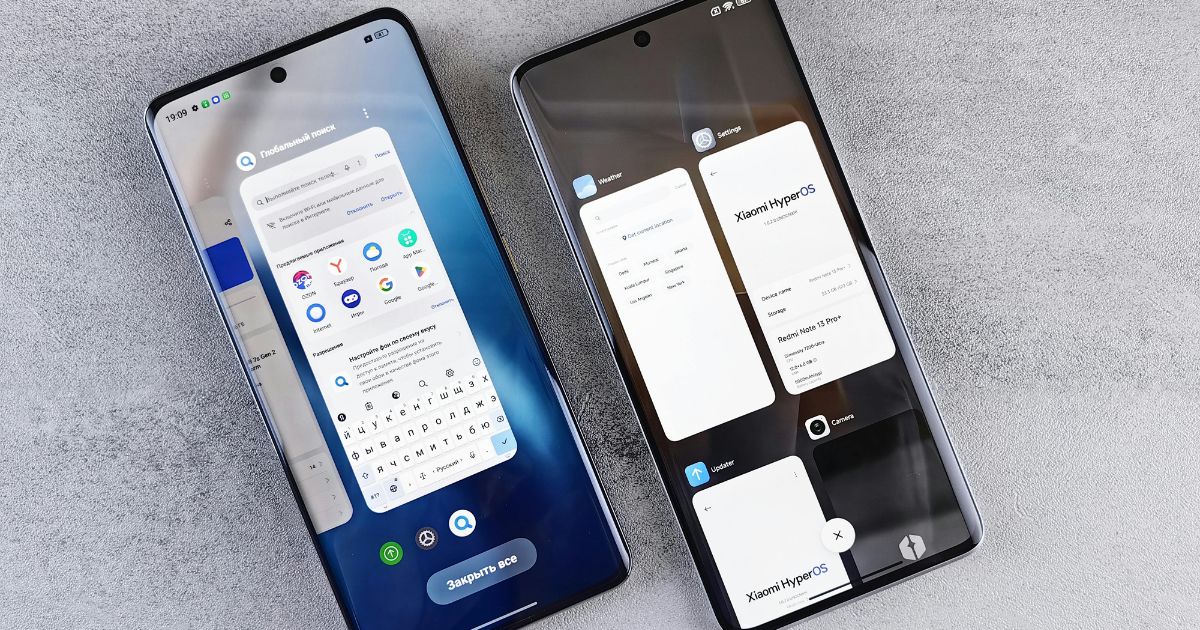The number of healthcare applications on the market has continued to rise and unsurprisingly, more of them are turning their focus towards improving patient accountability. Whether you define self-care as the first step in the patient journey or the last, healthcare experts can agree that holding patients accountable for their own preventative and/or recovery care presents a unique set of challenges.
In a previous healthcare blog, we emphasized the importance of reducing readmission rates because of new, value-based US healthcare policies. Few things are more frustrating for a healthcare provider than facing reimbursement penalties because a patient failed to change their lifestyle or follow therapy instructions, ultimately leading to them being readmitted. From the patient side, insurers and employers incentivize members with lower insurance rates if they can keep a clean bill of health. As technology has advanced and the expectations for care have evolved, more providers and hospitals are investing in healthcare application development to help eliminate unhealthy patient behaviors. This shift towards technology in healthcare is aimed at not only reducing patient readmission rates, but helping patients take an active role in their preventative health to eliminate hospital visits in the first place.
Why patient accountability is a problem
Most patients can probably think of a time when they neglected to follow a doctor’s order in some way, big or small. Perhaps they were prescribed a new medicine, assigned physical therapy, or were recommended to start a new diet. Patients may predict little benefit to come from the prescription, they may simply forget what they’ve been told, or they may find the doctor’s recommendation too difficult to stick to. Regardless of the reason, the lack of treatment adherence is frustrating for healthcare providers aiming to help patients help themselves. Even with the recent explosion of Telehealth applications and the ability for providers to offer virtual visits with patients, daily or weekly appointments aren’t scalable across an entire patient base. Furthermore, history has shown that providing patients with documentation and a calendar full of marching orders is ineffective. Providers are now turning to healthcare mobile applications to track, analyze, and communicate patient behavior.
How healthcare apps are making a difference
In the past, diet and exercise were the sole focus when evaluating an individual’s health; however, recent studies show that a more holistic approach to medicine is needed to evaluate a patient’s overall health. With the goal of changing a patient’s heavily ingrained behavior, the focus is now not only on diet and exercise but also on other important contributors, like quality of sleep and soundness of mental health. Mobile health apps can now leverage existing technology like FitBits and food scales to make tracking physical & nutritional metrics easier. Sleep tracking apps, such as Apple’s Bedtime, help track users’ sleep; others put limits on screen time. As for mental health, its various impactors like stress, depression and anxiety are finally starting to garner their deserved spotlight. We’ve seen new health apps built specifically to offer meditation and breathing techniques in an effort to make it easier for the patient to drive their own therapy. These apps and devices not only automate data entry for the user but also provide more information for the app database.

The Mindful Mamas Mobile application has been compared to both the Calm and Headspace mobile apps, but is specifically aimed at supporting mothers, and helping them be proactive about their mental health. The mobile app helps women affected by postpartum depression, stress, and anxiety and offers powerful self-care tools like meditations, mantras, and mini pauses.
How AI will further improve patient accountability
Over the past ten years, AI (artificial intelligence) technology has greatly improved, making it more useful and ubiquitous. As much as every physician or personal trainer would love for each patient to follow their directions exactly as they’re handed out, it just doesn’t always happen. Physicians can now rely on healthcare applications that have machine learning, business logic, and predictive analysis to identify when patients are off course and need help getting back on track. In such a case, these smart health apps can make a recommendation to the user or simply alert a physician to contact that patient and gather more information. In some situations, the best course of action may be adjusting the user’s goals altogether. After all, it may make more sense to provide realistic goals for that patient and gradually ramp up the intensity.

A popular feature in many healthcare, health and wellness applications today includes AI chatbots. The chatbot empowers patients to take more control of their personal health by offering resources, guidance, and professional response to patients who may have general questions, but don’t have the bandwidth to schedule a full appointment with their doctor.
What to expect moving forward
Instead of simply relaying static content, it will become standard for diet, exercise, and other types of healthcare applications to incorporate multiple integrations with dynamic content that will make it easier for a user to stay accountable and to track their progress. We’ve already seen this with multiple applications like PowerDot and SWEAT that integrate with Apple’s Health App and Lose It!, that can easily connect to an Apple Watch.

We expect this trend towards custom integrations will continue to grow and users will come to expect this type of experience. Additionally, we can expect to see enhanced sharing features for users to send their health data to their providers, physicians, and insurers. This personalized and historical data is wildly helpful and more reliable then information relayed by a patient at a later date, solely from memory. That being said, this type of user data sharing may propose some security risks and HIPAA compliance in application development will become a critical component of every development project. Additionally, healthcare providers and app developers will need to understand how to balance a great patient user experience with HIPAA's security requirements.
Conclusion
Ultimately, people always choose the easiest path – it’s in our nature. Creating healthcare applications that are inexpensive and easy-to-use will be key when it comes to promoting patient adoption. Charging a monthly subscription fee won’t be a deterrent if a healthcare application can begin to play a critical role in the user’s daily life, similar to social media or music streaming apps like Spotify. This is particularly true if the patient believes their app-motivated behavior is keeping them out of a doctor’s office or preventing a costly hospital stay. With both patients and providers both now motivated to keep healthcare visits to a minimum under the fee-for-value system, more and more healthcare applications will be focused on making it easier to track, manage, and share vital health information.
If you have any additional questions regarding healthcare apps or are looking for a healthcare app developer feel free to book a project call with one of our expert consultants.








